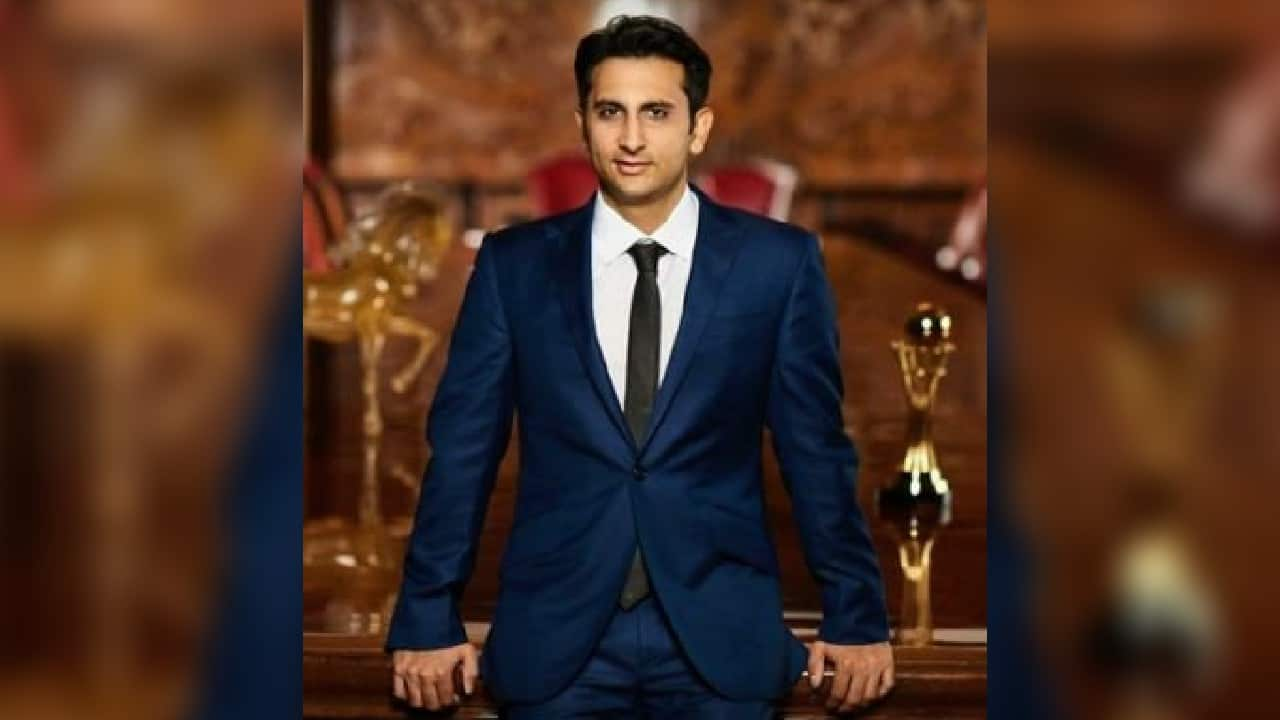CoronaVac efficacy at 50-90% in Brazilian trial: Sao Paulo Official
Results of trials in Brazil are known exclusively by Sao Paulo state's Butantan Institute biomedical research center, which has an agreement with Sinovac to produce the vaccine, said health secretary Jean Gorinchteyn.
Reuters
December 26, 2020 / 12:55 PM IST
The CoronaVac COVID-19 vaccine developed by China’s Sinovac Biotech Ltd showed efficacy between 50 percent and 90 percent in Brazilian trials, Sao Paulo's state health secretary said, and its Brazilian producer said full trial results will be released by January 7.
Results of trials in Brazil are known exclusively by Sao Paulo state's Butantan Institute biomedical research center, which has an agreement with Sinovac to produce the vaccine, said health secretary Jean Gorinchteyn.
First trials showed efficacy above 50 percent, the minimum required by Brazilian health regulator Anvisa, and below 90 percent, Gorinchteyn said in an interview with CBN radio aired late on Thursday.
At Sinovac's request, Sao Paulo's health department has not received the Chinese drugmaker's full trial results, he said, adding that the company will review the data before announcing final results.
Butantan will disclose the data trial results in up to 15 days, or by Jan. 7, the institute said in a note on Friday.
The South American country has registered 7,448,560 confirmed coronavirus cases and 190,488 deaths from COVID-19, the country's Health ministry said on Friday.
On Wednesday, Butantan had declined to specify the efficacy rate from a trial with 13,000 volunteers, citing contractual obligations with Sinovac, raising questions about transparency.
The CoronaVac vaccine showed 91.25 percent efficacy in Turkey, according to an announcement on Thursday of interim data from a late-stage trial in the country.
Follow our full coverage of the coronavirus pandemic here.










_2020091018165303jzv.jpg)

























